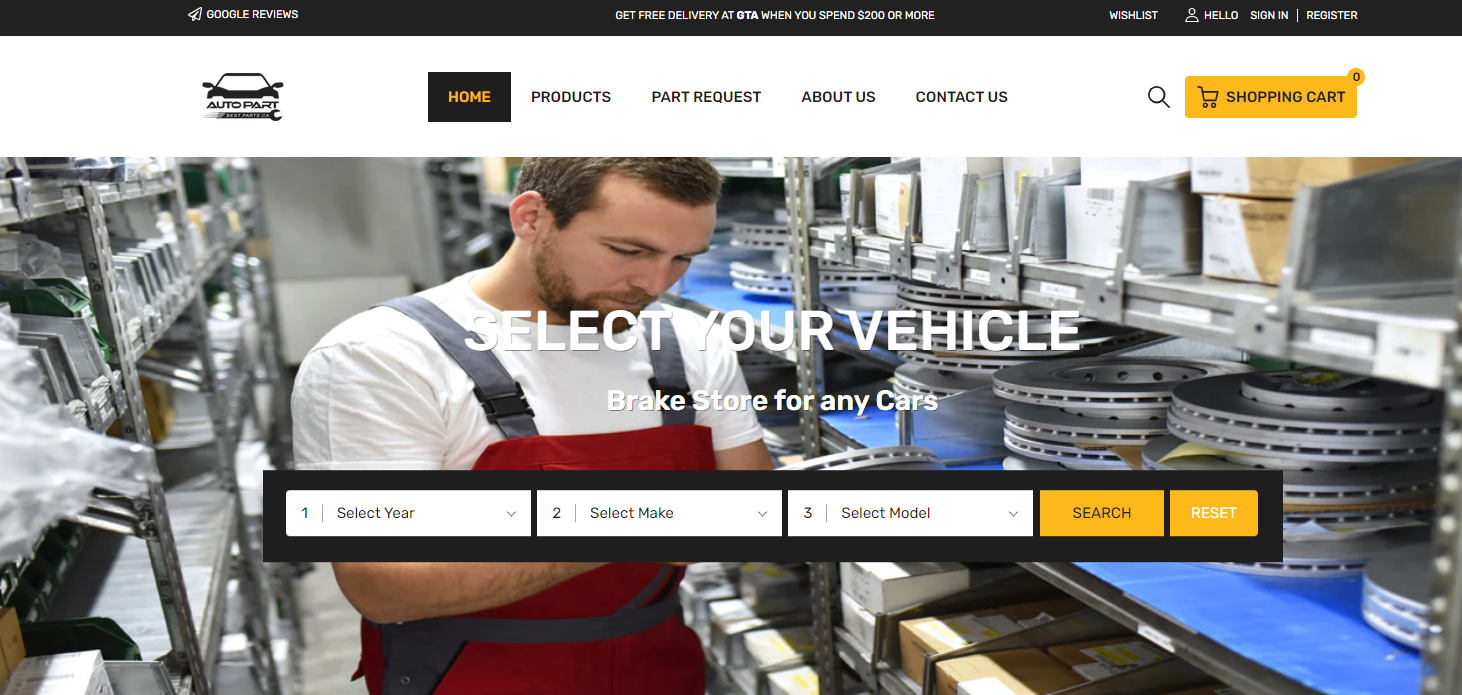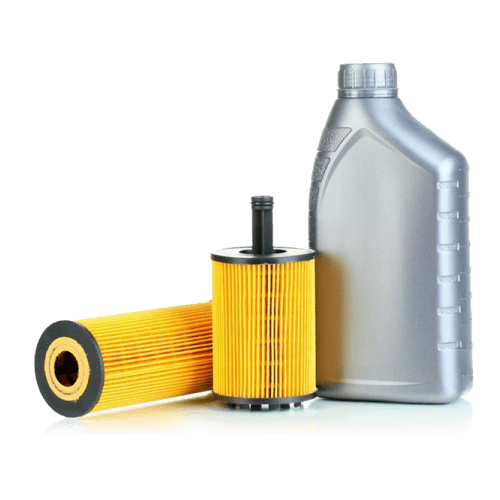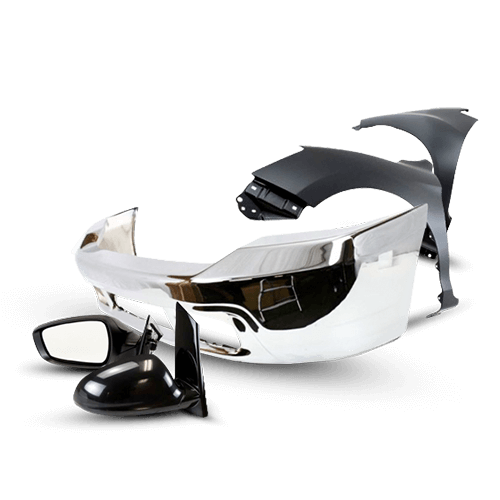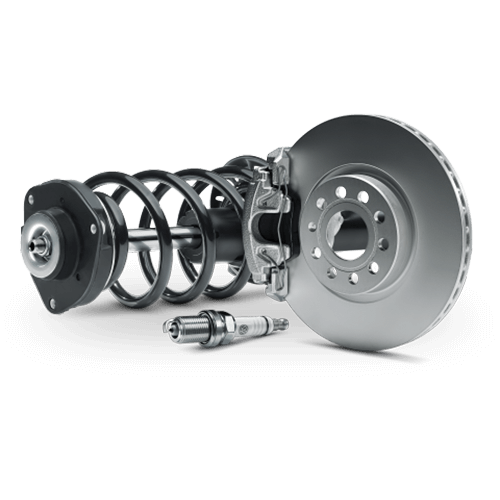FAQs
1. How long does a car brake last?
Most experts consider the useful life of brake to be about 25 to 70 kilometers, but usually many people change their car pads after about 40,000 kilometers.
2. What is the best car braking system?
Among the best brake systems in the world, Brembo has a lot to say.
3. What is the cause of brake squeaking?
The most common causes of brake screeching are worn brake pads, dust or debris between the pads and the rotor, moisture overnight, how you brake, metal brake pads, and lack of lubrication.
Product successfully added to your Shopping Cart























